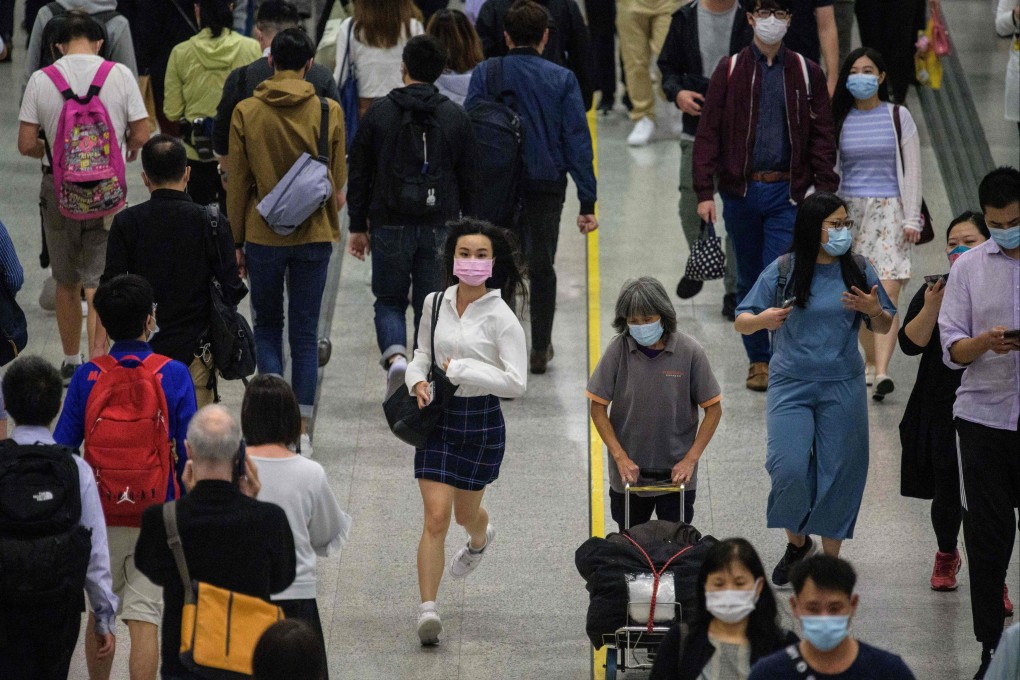Opinion | International Women’s Day: in Hong Kong, the battle to end deeply entrenched gender bias continues
- From lack of access to key sectors of the new economy to a rise in unpaid work and domestic abuse during the pandemic, the biases faced by women in Hong Kong show that, even in a seemingly gender-equal society, inequality runs deep

We are undergoing one of the most difficult periods in Hong Kong’s recent history. We’ve seen our medical system become overburdened, families separated and livelihoods destroyed.
Hong Kong has all the trappings of a gender-equal society – some may even argue the scales tip in favour of women. Over half of university graduates are women. They live five years longer than men on average. There are laws in place to protect women from sex-based discrimination.
These and other developments have contributed to the notion of Hong Kong as a gender-equal city. However, there are many opposing narratives that weave a more complex truth of deeply entrenched biases that prevent women and girls from living safe, full and satisfying lives.
Women do, on average, live longer than men, but forced retirement, lower wages and uncompensated household and midlife caring responsibilities make elderly women more vulnerable to poverty. Hong Kong does have laws against gender-based discrimination and violence, but there are critical gaps in protection which, compounded by social stigma, prevent victims from getting the help they need.

